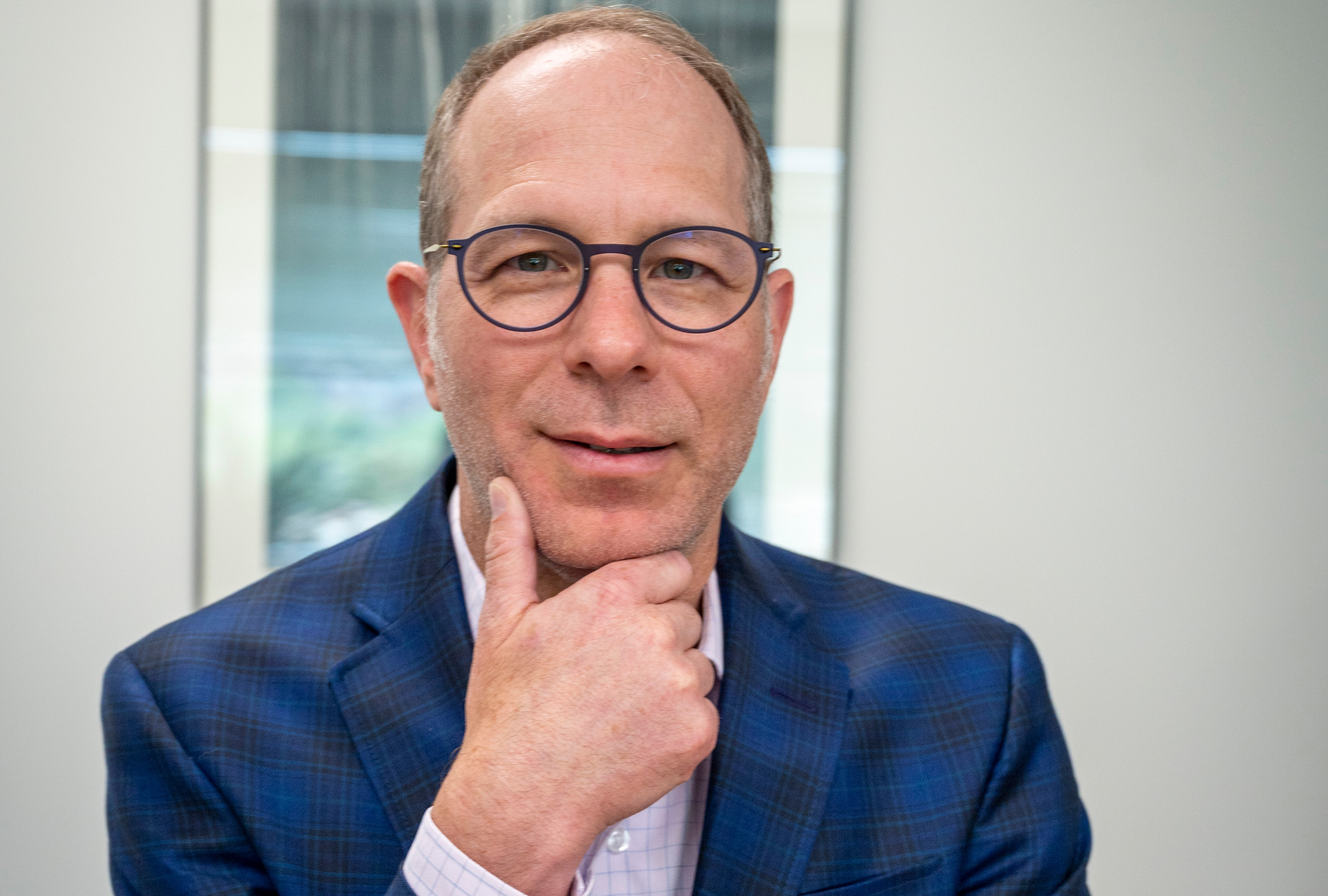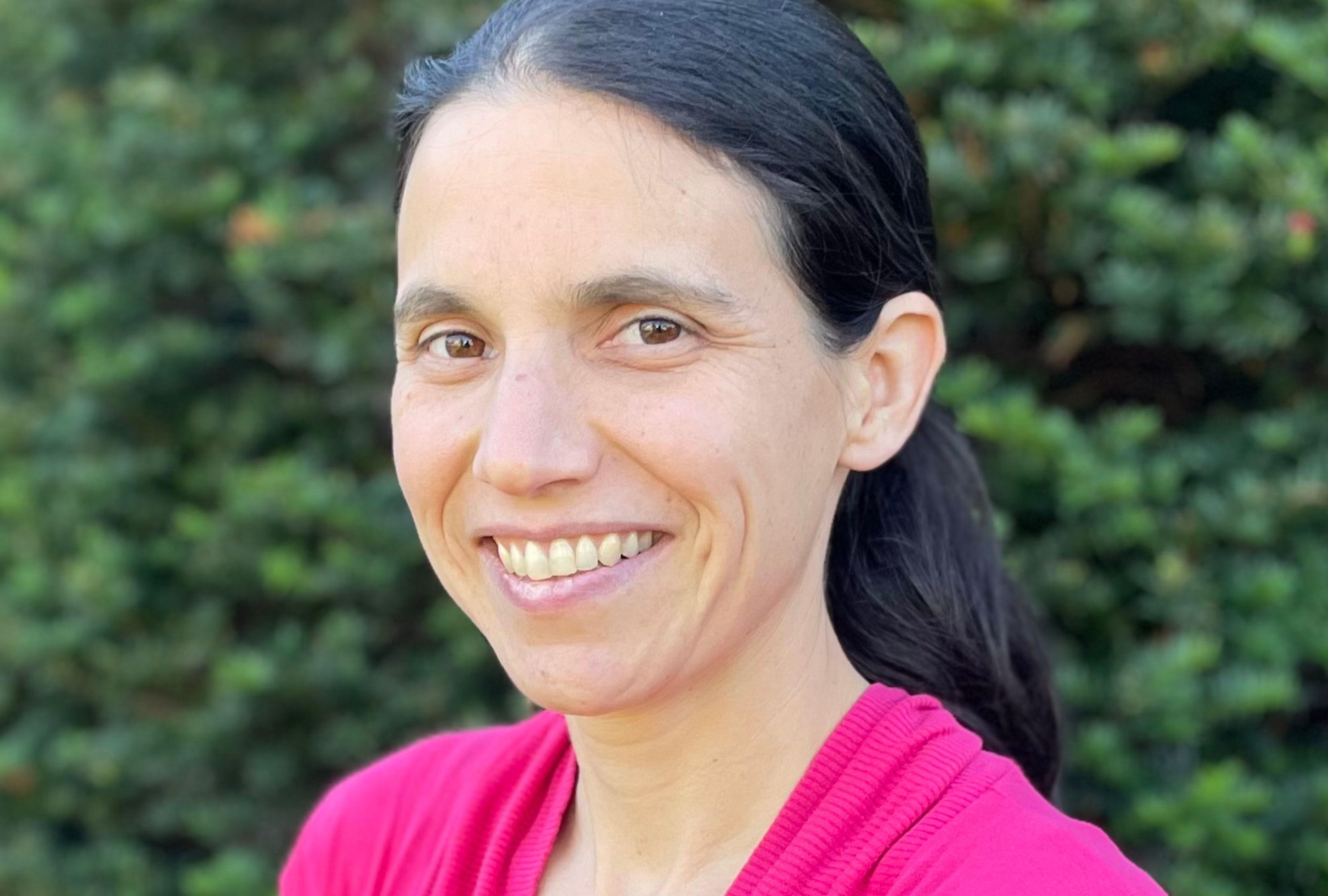This article originally appeared in the Fall 2022 issue of the Ontario Medical Review magazine.
Physician Health Program takes care of the caregiver
Doctors, like anyone, can grapple with mental health and addiction issues. “Just because you’re a physician doesn’t mean you’re immune to all the conditions that everybody can suffer with,” said Dr. Jon Novick, a psychiatrist and medical director for the Ontario Medical Association’s Physician Health Program.
Although obstacles remain to ensuring care for the caregiver, some things are changing for the better.
“There’s still internalized stigma, resistance and fear about seeking help.” Dr. Novick said. “There’s still a lot of room to go. At the same time, I think people are more willing to seek help, and the access has improved. People are getting the message that you’re not alone. There’s help out there.”
PHP is one of the avenues for help. Since 1995, it has provided confidential assistance for individuals who are struggling with substance use and has expanded to include mental health concerns, as well as other behaviours that have a personal and professional impact. Services are available to physicians, residents and medical students, with some supportive services offered to family members as well.
“It’s helpful to think of burnout as an occupational injury.” — Dr. Jon Novick
Within health-care institutions, leaders can play a huge role in supporting the mental health of their staff.
Visit php.oma.org for more information and the burnout webpages for additional resources.

The offerings include advice and support, referral for clinical services, assessment services, and monitoring and advocacy. Together, PHP services aim to nurture a culture of medicine that values prevention, early identification and intervention when there are health concerns. That supports the well-being of health professionals, their loved ones and the workplace.
For example, a doctor concerned about their substance use can connect with the PHP for resources including referral for treatment. PHP support can continue following treatment or during recovery, by helping doctors remain at or return to work. PHP also support doctors with accountability needs, whether to their workplace or the regulator such as the College of Physicians and Surgeons of Ontario. The same goes for doctors needing support, advocacy or accountability around mental health conditions or behavioural problems.
Dr. Jon Novick is a psychiatrist and medical director for the OMA’s Physician Health Program, a confidential service available to individuals who are struggling with substance use and mental health concerns.
PHP reports that it saw a significant increase in activity throughout 2021. While the volumes have returned to pre-pandemic levels, officials there say the intensity and complexity of issues have remained higher than before the pandemic.
The factors that contribute to anybody’s mental health or substance issues can be multifaceted. Physicians have particular vulnerabilities, Dr. Novick said.
For one, medicine is a caring profession, which calls on a strong desire to help others. Dr. Novick suggested that the profession has also self-selected for highly resilient individuals. Just getting through medical school and residency requires that trait, he said.
Resilience can help people cope but it can also stretch them thin. Combine that with a deep dedication to others, and doctors can have trouble saying no, setting limits and prioritizing their personal wellness, he said.
“We have to take care of each other,” said Dr. Judy Suke, a family physician in Haliburton. She has a sub-specialty in medical psychotherapy and her practice focuses exclusively on that. About 80 per cent of her current patients are physicians. Dr. Suke takes referrals from a few institutions, as well as the PHP.

Why is she passionate about working with physicians? One reason is the chance to help “humanize” the culture of medicine, she said. “A barrier that has been created historically is that somehow we’re supposed to be superhuman.”
She also knows physician health ultimately affects population health. Think of the physicians who are struggling with their well-being and all of the patients who rely on them. “I recognize the need to support health-care workers in order to keep them well to keep supporting patients,” Dr. Suke said.
As a resident, she herself briefly struggled with anxiety and reached out to the PHP, which she called “a warm helping hand.” They quickly connected her with a psychiatrist in North Bay, where she was training. The psychotherapy and supports she received made a difference and set her on a positive course for her career in medicine. “It’s a gift for me to be able to support others in that way.”
Haliburton-based family physician Dr. Judy Suke has a sub-specialty in medical psychotherapy. About 80 per cent of her current patients are physicians.
While her physician patients present with the same sorts of issues as her other patients, she noted that the pandemic demands and staffing shortages have added an additional strain on those working in health care.
“I recognize the need to support health-care workers in order to keep them well to keep supporting patients.” — Dr. Judy Suke
Dr. Novick agreed that in today’s environment, the health-care system can amplify the stress around practising medicine.
“It’s helpful to think of burnout as an occupational injury,” he said.
He points to data from 2020 and 2021 surveys by the OMA. Almost three-quarters (72.9 per cent) of the physicians surveyed said they experienced some level of burnout in 2021, up from 66 per cent the previous year. Just over one-third (34.6 per cent) reported either persistent symptoms of burnout or feeling completely burned out in 2021, also up from 2020.
The pandemic may have exacerbated burnout, but even in the years before nearly one-third of physicians in Canada were reporting high levels of burnout. Among the contributors cited in the OMA survey: increasing patient expectations, high patient loads, the need to manage more with less, reporting and administrative obligations, and a lack of organizational support.
The Canadian Medical Association’s latest National Physician Health Survey also showed the impact of burnout – 59 per cent of physicians said their mental health has worsened since the onset of the pandemic, due in part to an increased workload, a lack of work-life integration, and rapidly changing policies and processes.
That’s why Dr. Novick broadens the lens when talking about physician health. The OMA created a Burnout Task Force in 2019 to drive system-level changes and provide support to members. “If we want a future health-care system that’s effective, responsive and supportive of patient safety, then that system has to support the wellness of the caregivers.”
This isn’t just about physicians needing to take better care of themselves or seeking help. Physician well-being is a system issue. Without addressing what contributes to burnout, other system advances become more difficult, said Dr. Novick.
He hopes doctors who are struggling, like anyone else, will be open to reaching out for help. It’s available through the PHP at 1-800-851-6606 or php@oma.org.
“Access to supports and care is just a phone number or an email away.”
Stuart Foxman is a Toronto-based writer.